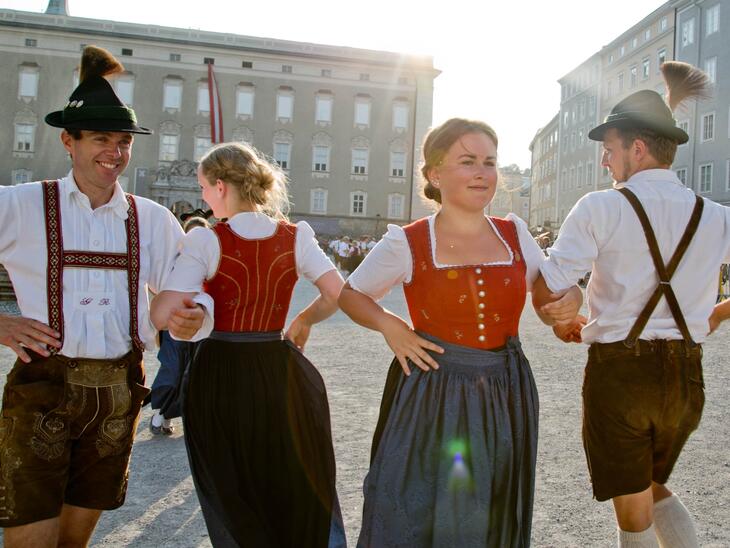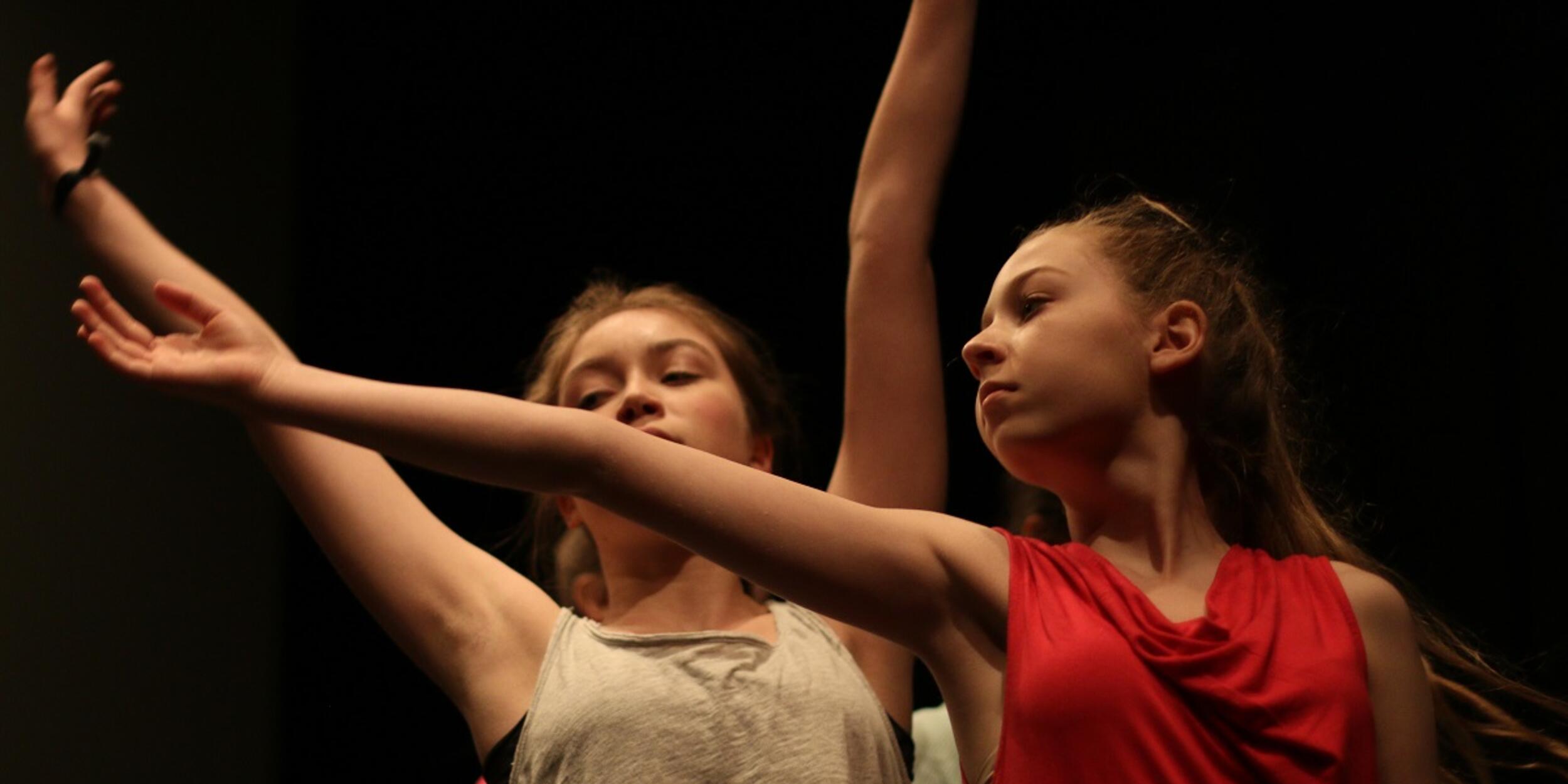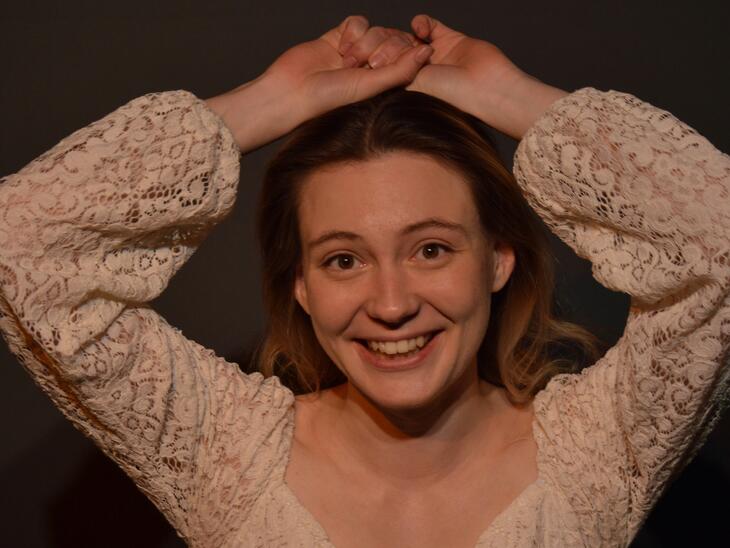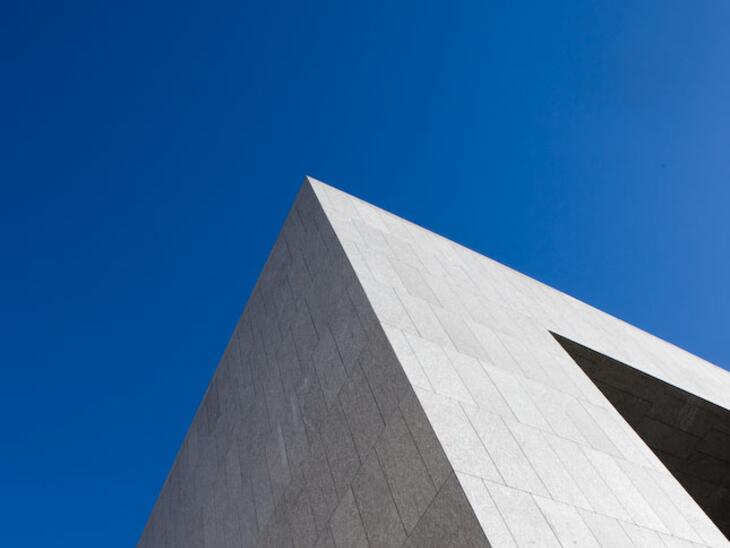Here the artists, there the teachers, and everyone does their own
thing - this is exactly how an arts university should not
function for
Mozarteum professor Monika Oebelsberger
. The pedagogical-artistic director of the School of Music and Arts Education (SOMA) at the Mozarteum University Salzburg has always advocated a mutually beneficial coexistence of art, research and teaching. The founding of SOMA in the academic year 2012/13 was an important step in this regard. What was the purpose of founding SOMA at that time? Monika Oebelsberger: Out of 1800 Mozarteum students, 800 are pedagogy students - you have to let that roll off your tongue. The basic idea of the SOMA was therefore to represent the pedagogical-artistic subjects, which are very strongly represented here at the Mozarteum with about 45 percent to the outside world as well. An art university that
wants to and must
train good artists,
that wants to cultivate an audience close to the arts, needs good teachers. With this in mind we then said, let's combine this into the School of Music and Arts Education to make clear the importance of pedagogy for the arts.
Within the framework of Pedagogical Education NEW the University Mozarteum has thus made a clear statement, which has been unanimously agreed upon by all committees. What were and are the most important content-related goals? That art, research and its teachers must remain in an intensive dialogue with each other. That you don t train the artists there and the educators there, because the dialogue is quite important for both sides. Only educators who are capable of implementing and reflecting on art and music in a self-determined way will also be able and willing to teach them. The School of Music and Arts Education offers the appropriate framework and resources for this. Such a broad artistic-pedagogical offer as at the University Mozarteum is probably not available at any other university in the German-speaking world. As a basis for this dialog, you mention intensive networking both internally and externally - how does that work in detail? Networking internally means that one has the art education courses at the university under a common roof and thus optimizes resources in the course offerings. This is not always easy, but we are working on it. As a small example: for the university course
Music Theatre Mediation and the master's program Applied Theatre, we already have a joint module, Educational Psychology. Networking with the outside world naturally includes the two teaching clusters in which we are represented - ClusterWest with Tyrol and Vorarlberg and Cluster Mitte with Upper Austria and Salzburg - as well as projects with various cultural institutions and schools, such as with the Mozarteum Foundation.
We are still working on another important networking: a platform for art education research - whether that is teaching research, teaching and learning research or mediation models . Why is research so important in this area too? Universities are fundamentally supposed to provide research-led teaching. For example, we have annual SOMA conferences on important pedagogical topics - where a diversity of perspectives is there, where a change of perspective can be there for the individual and where the importance of pedagogy and research is signaled once again. Following the conferences, publications or conference proceedings also appear regularly in our SOMA series "Einwürfe. Salzburg Texts on Music - Art - Pedagogy". The current conference "Is Art a Special Case?" has just overlapped with the editorial deadline, when will the next conference take place? We are planning a conference entitled "Applying the Arts" on October 16/17, 2020. The venue will most likely be Innsbruck, to emphasize that SOMA serves as an umbrella and/or Platform for both Mozarteum locations is important - especially since in addition to the music pedagogical departments, we now also offer arts pedagogical training at both locations. As a theme, we have thought - based on the new master's program Applied Theatre - that this "applied" is actually exciting for all our pedagogical fields of study. For this reason, the conference under the motto "applying the arts" will mainly be about bringing the artistic-pedagogical subjects into society. Is it true that there will soon also be international projects? We are currently in exchange with Georgia State University in Atlanta, which is very well positioned in the field of art and music education . We also want to organize the "International Days of Pedagogy" at the University Mozarteum Salzburg in spring 2021 - another intensive dialogue with domestic and foreign colleagues, with presentations and workshops on pedagogical topics. (First published in Uni-Nachrichten / Salzburger Nachrichten on December 7, 2019)
More about SOMA




